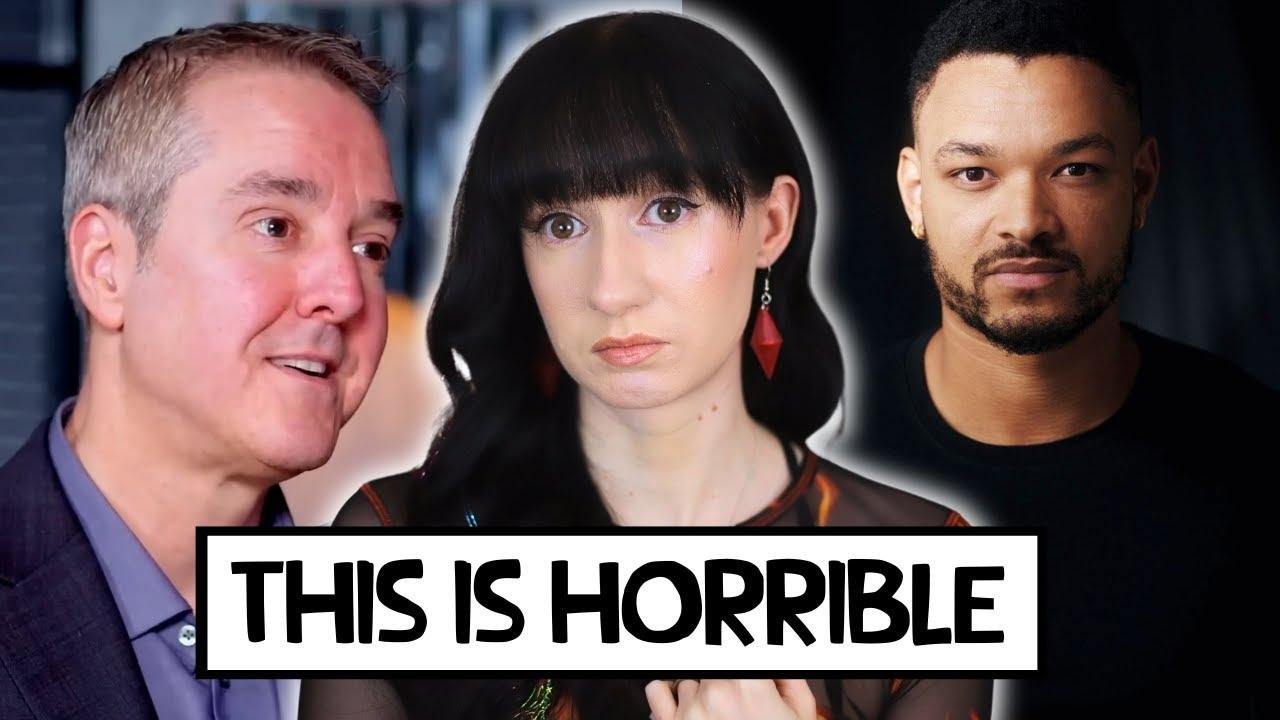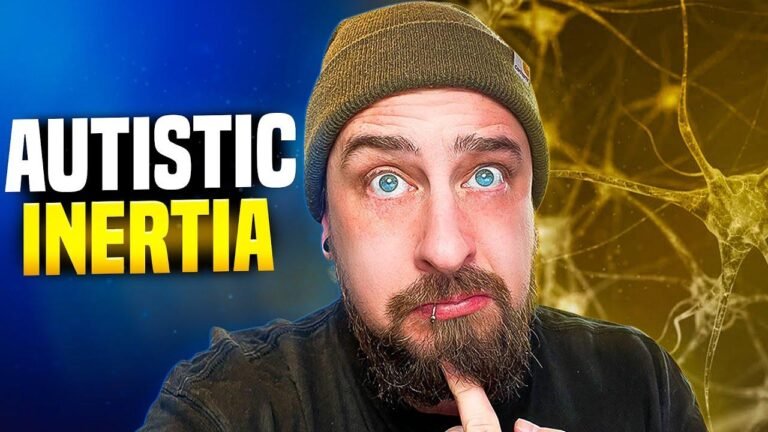Annoyed by Massive Podcast Spreading Awful Autism Misinformation.
A podcast promoting pseudoscience about autism is frustrating and misleading. The host spreads dangerous ideas about the ketogenic diet and its supposed benefits for autism. There is no substantial evidence to support this claim, and it is critical not to believe everything you hear. Autism is not caused by dietary choices or obesity; it is a complex neurological condition. Instead of focusing on harmful misinformation, we should prioritize understanding and supporting autistic individuals. Let’s not fall for sensationalized theories and misleading claims.
Introduction
The podcast "Diary of a podcast with Palmer" has been circulating on Discord, sparking discussions and debates among viewers. The host, Palmer, delves into topics related to mental health, specifically focusing on autism and the ketogenic diet.
The Host and the Content
Palmer, known for his expertise in mental health, presents his views on the ketogenic diet, a restricted eating plan that aims to improve brain function. Through his podcast, he explores the connection between diet and mental health conditions such as epilepsy, ADHD, and autism.
Key Takeaway Table:
| Pros | Cons |
|---|---|
| Research-backed approach to epilepsy treatment | Lack of scientific evidence supporting autism claims |
| Valuable insights on the ketogenic diet | Potentially harmful dietary recommendations |
Unpacking Autism Pseudoscience Claims 🧩
Misleading Information
The podcast episode discusses a controversial theory linking mitochondrial dysfunction to autism, suggesting dietary changes as a potential solution. However, scientific consensus does not support these claims, highlighting the need for evidence-based approaches in addressing autism.
List:
- Highlighting the lack of empirical evidence supporting the autism-mitochondria connection.
- Emphasizing the importance of relying on peer-reviewed research for credible information.
Impact of Pseudoscience on Autism Discourse
Promoting unsubstantiated claims about autism could lead to misinformation and misguided interventions for individuals on the autism spectrum. It’s crucial to approach autism-related discussions with caution and prioritize evidence-based practices.
Quote:
"Autism facts should be based on research, not sensationalism or pseudoscience."
Dietary Recommendations and the Need for Critical Thinking 🥦
Critiquing Diet-Based Solutions
While dietary changes can impact overall health, prescribing specific diets as a cure for autism is concerning. Advocating for restrictive eating patterns without scientific support may pose risks and overlook the complex nature of autism as a neurodevelopmental condition.
Table:
| Pros of Dietary Interventions | Risks of Restrictive Diets |
|---|---|
| Potential health benefits | Increased risk of nutritional deficiencies |
| Support for specific medical conditions | Adverse effects on cholesterol levels |
Addressing Misconceptions
It’s essential to approach discussions around autism and diet with nuance, avoiding oversimplifications and unsubstantiated claims. Encouraging critical thinking and fostering informed conversations can lead to better understanding and support for individuals with autism.
VANLIGA FRÅGOR:
- Q: Can diet cure autism?
- A: No, there is no scientific evidence supporting the idea of diet as a cure for autism.
Recognizing the Complexity of Autism Spectrum Disorders 🧠
Challenging Stigmatizing Narratives
Misleading information and pseudoscientific claims can perpetuate harmful stereotypes and stigmatize individuals on the autism spectrum. Promoting accurate and respectful portrayals of autism is crucial for fostering empathy and understanding in society.
Bold Statement:
"Autism is a complex neurodevelopmental condition that requires comprehensive support and understanding."
Advocating for Evidence-Based Practices
In navigating discussions surrounding autism, it’s imperative to prioritize evidence-based interventions and respect the diverse experiences of individuals with autism. By promoting accurate information and dismantling misconceptions, we can create a more inclusive and supportive environment for autistic individuals.
Slutsats:
In conclusion, critical analysis of podcasts promoting pseudoscience about autism is essential in ensuring accurate information and support for individuals on the autism spectrum. By engaging in evidence-based discussions and challenging misleading narratives, we can work towards a more informed and inclusive understanding of autism.
By critically examining and challenging pseudoscientific claims, we can contribute to a more accurate and respectful discourse surrounding autism. Let’s prioritize evidence-based practices and advocacy for individuals with autism. Thank you for your attention. 💡







